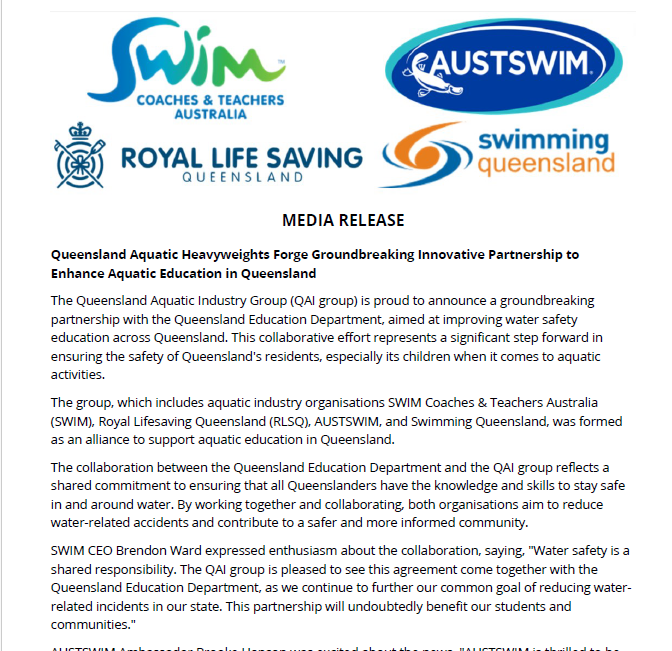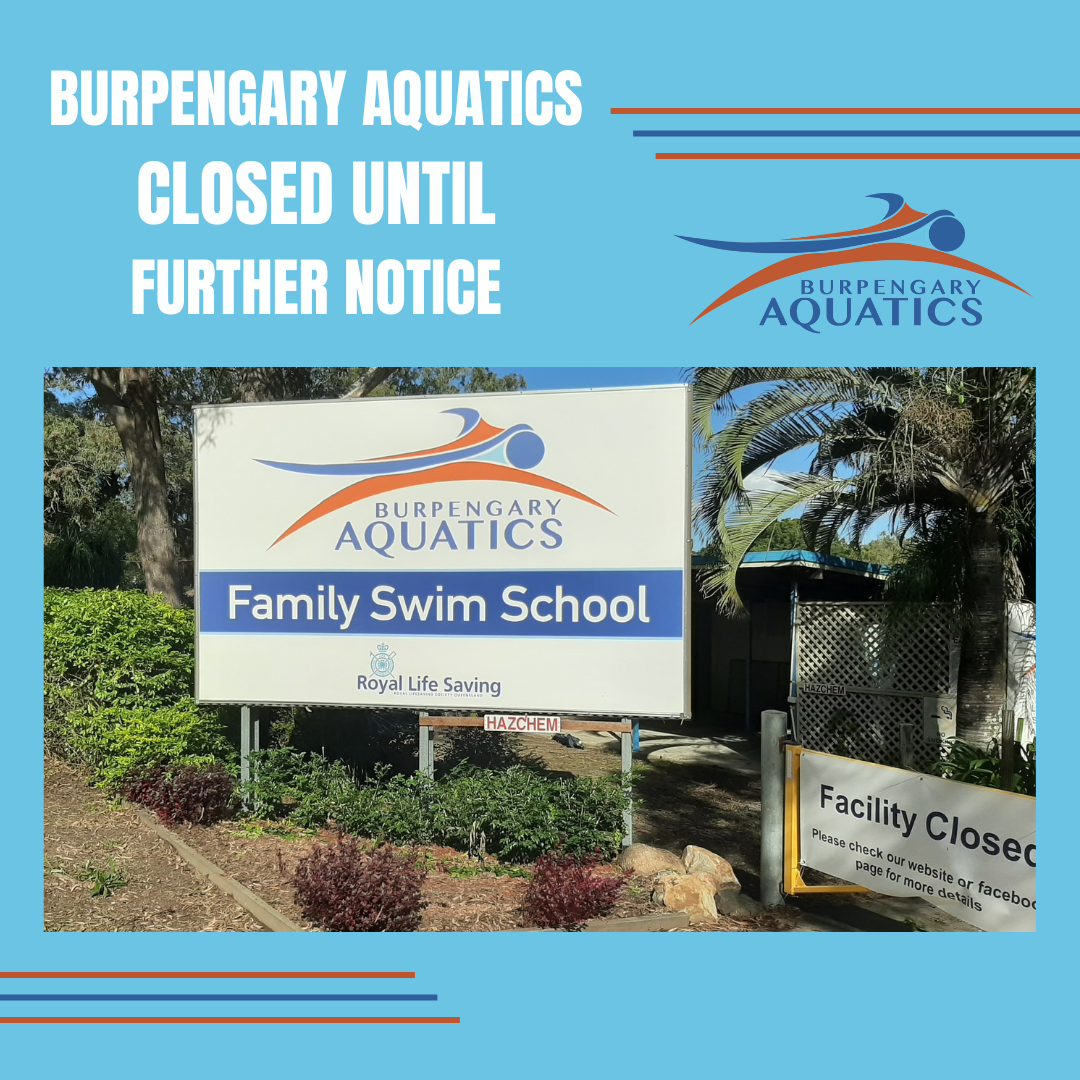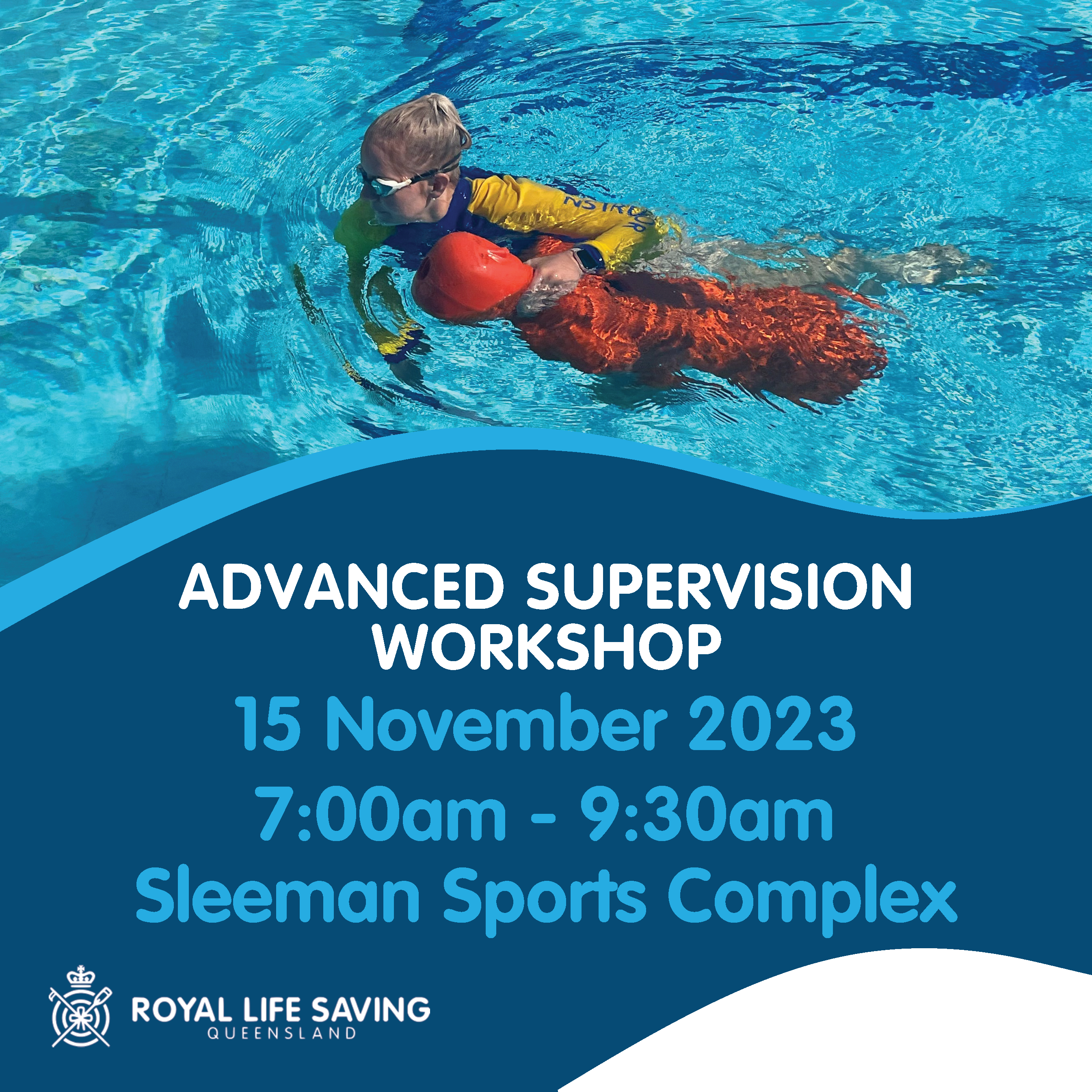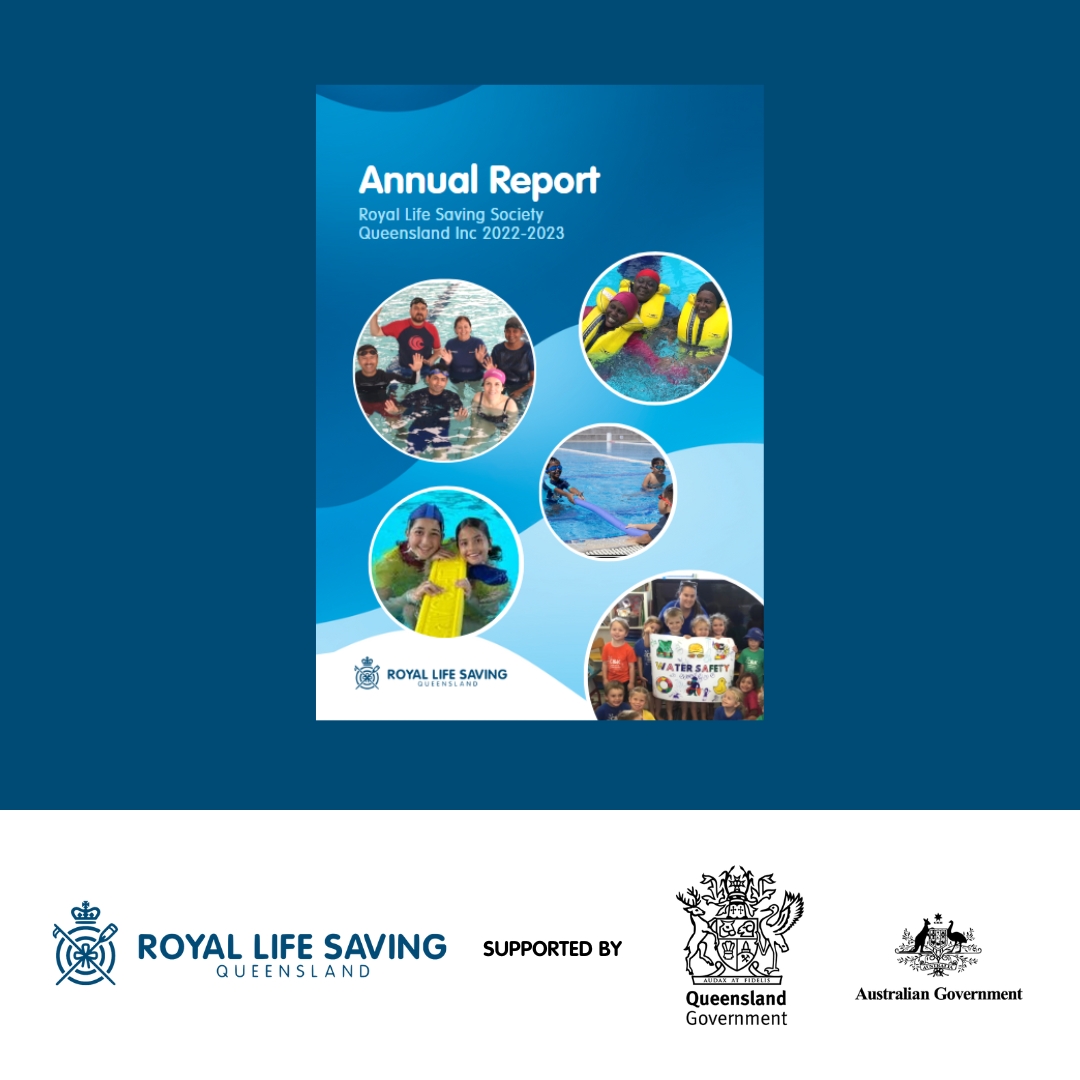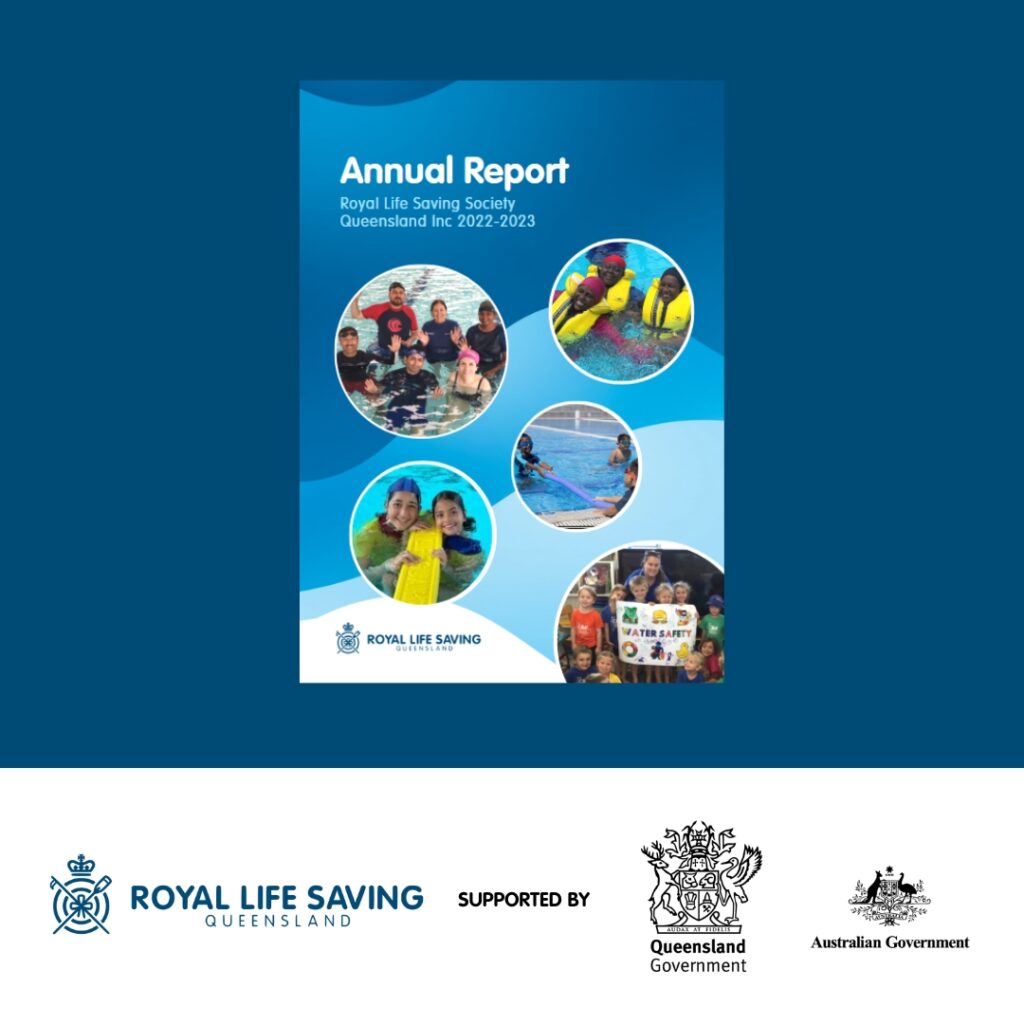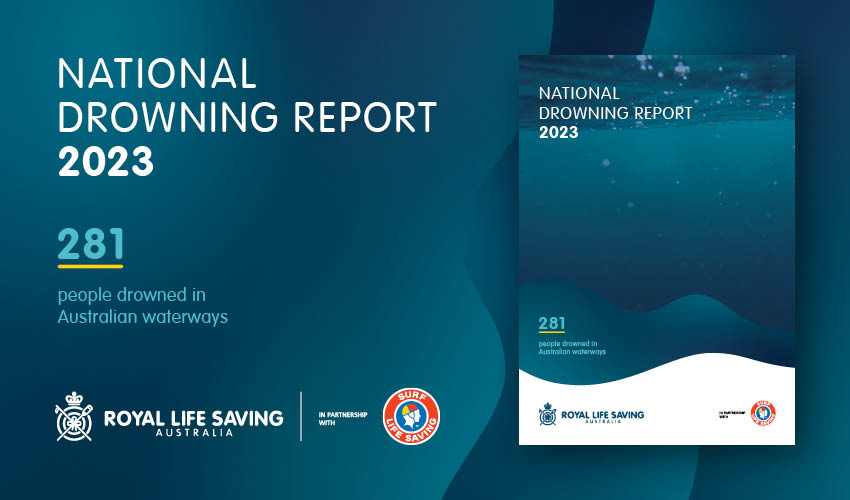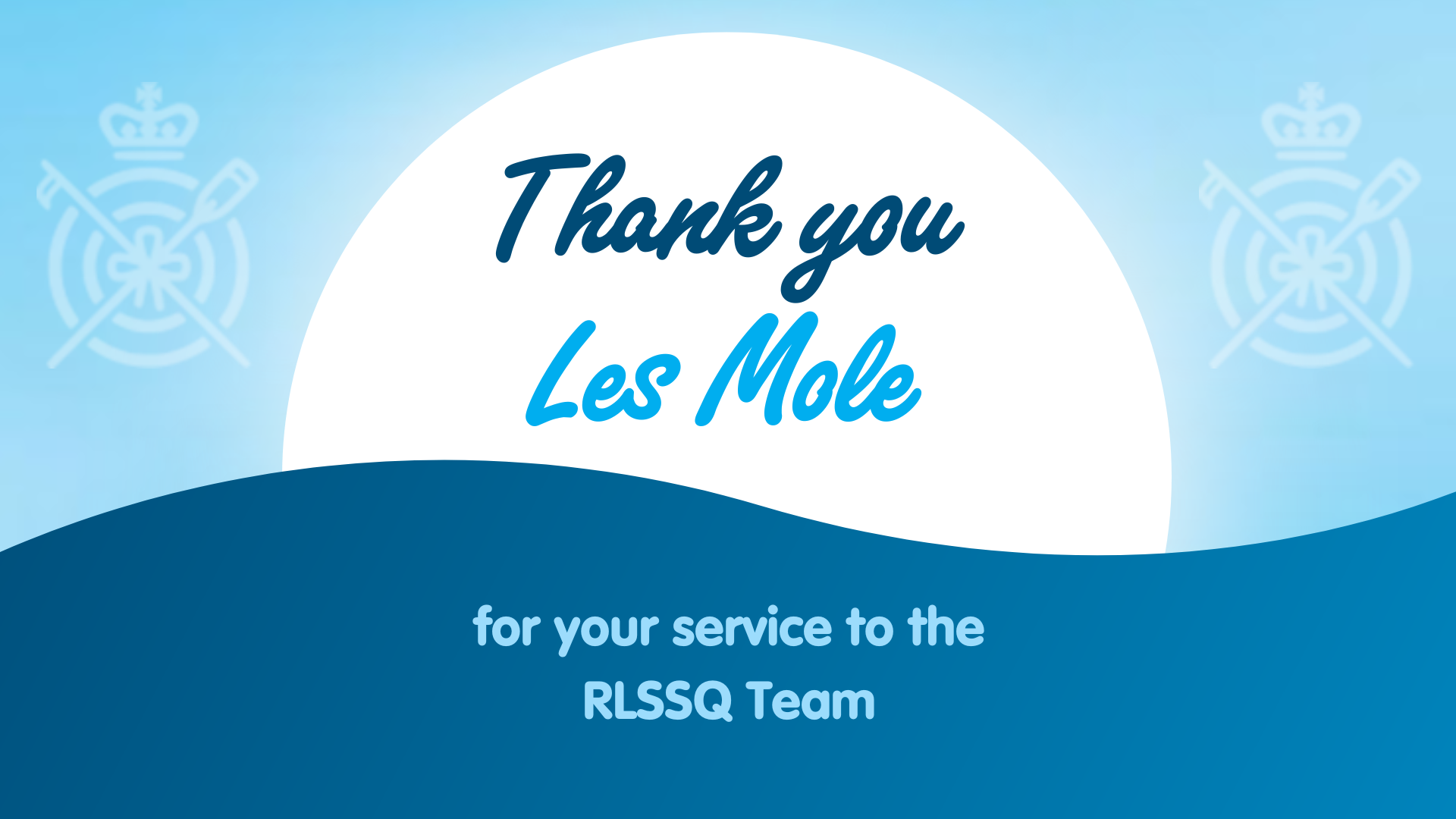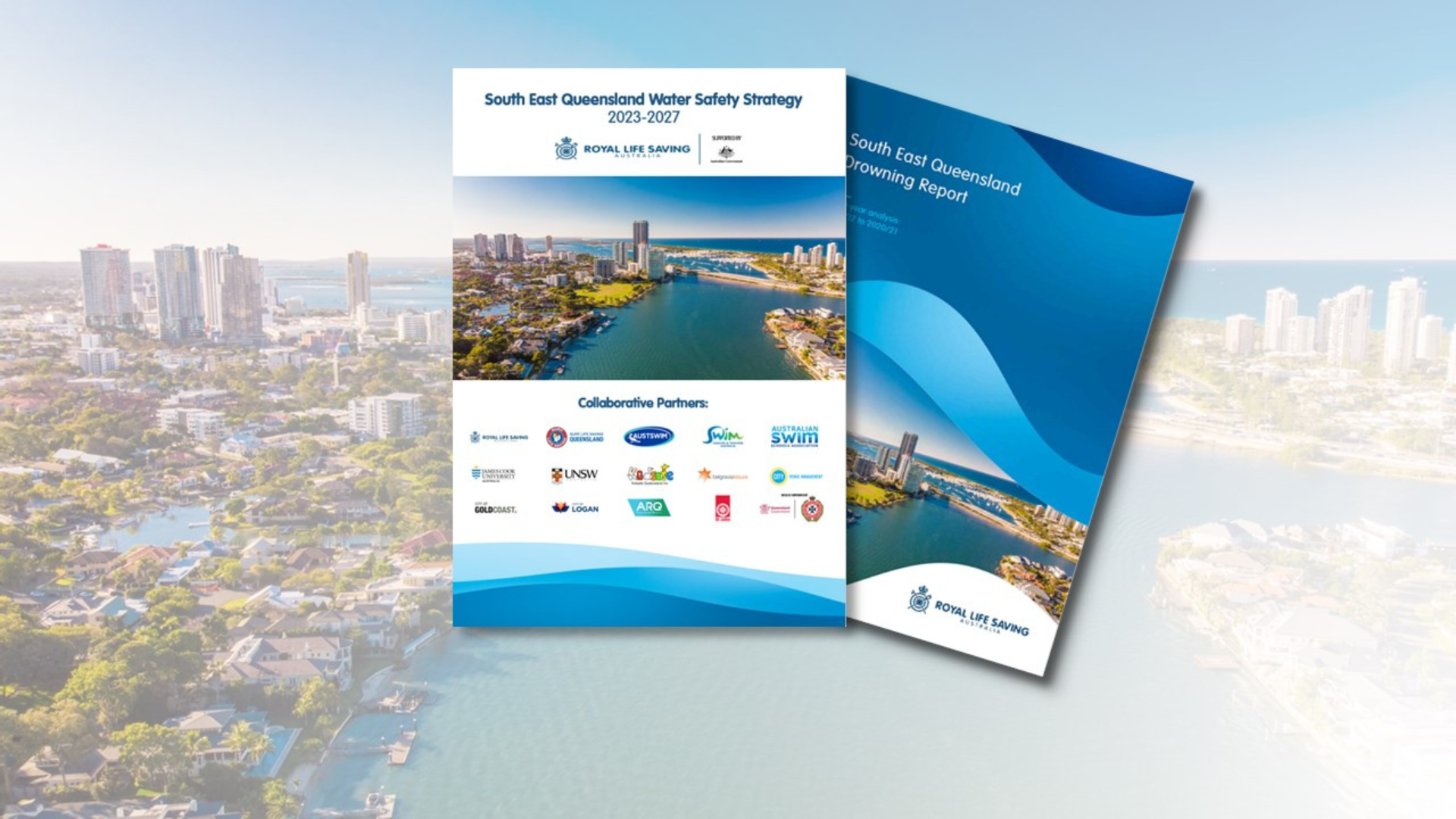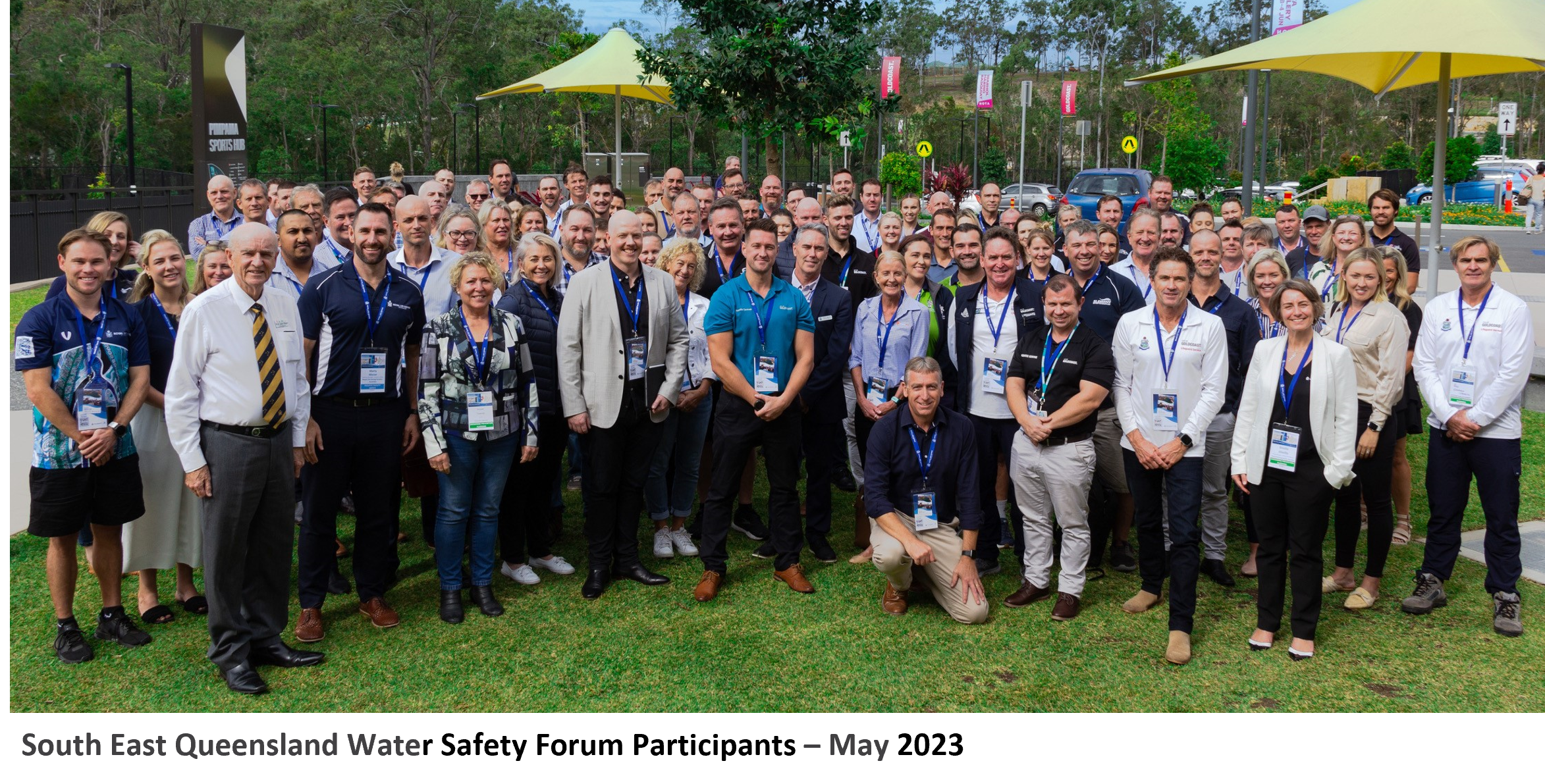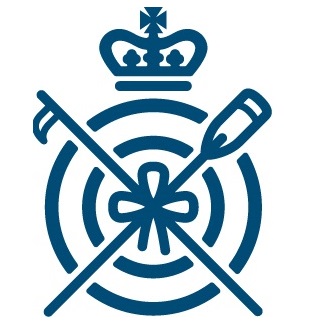Our recent events-the Advanced Supervision Workshop and the Pool Lifeguard Challenge, highlighted our commitment to improving water safety and supporting skilled professionals.
The Advanced Supervision Workshop offered attendees an opportunity to enhance their skills and knowledge. They actively exchanged advanced techniques and best practices, displaying a strong eagerness to improve. This reaffirmed our commitment to maintaining high safety standards in aquatic settings.
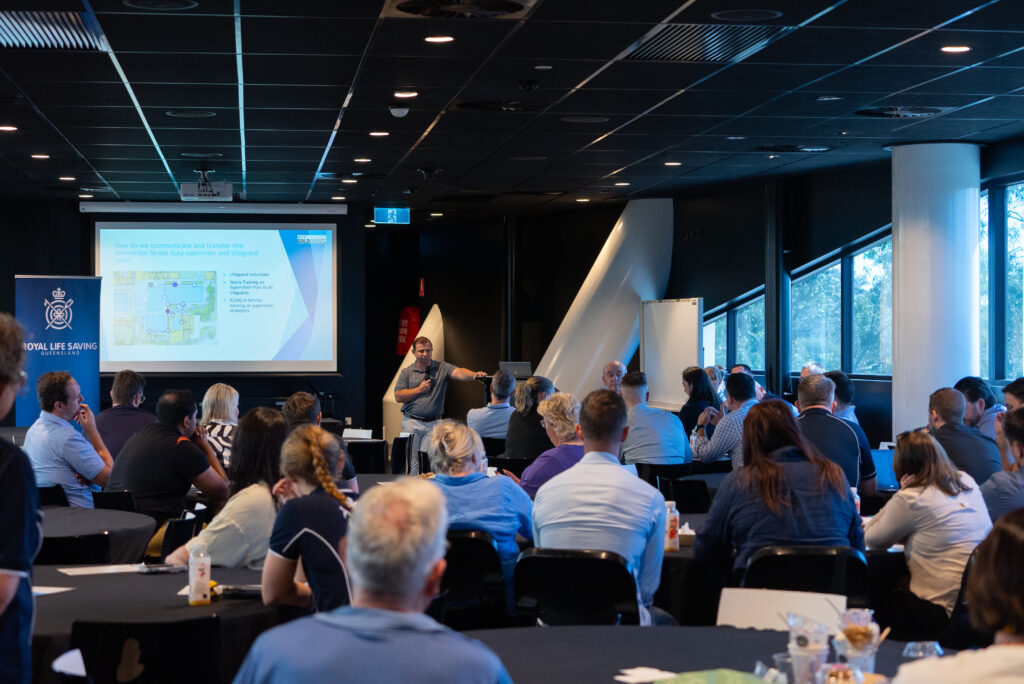
The Pool Lifeguard Challenge provided a platform for teams to demonstrate their abilities and teamwork. Diverse teams showcased exceptional skill, agility, and teamwork, reflecting their unwavering commitment to aquatic safety.
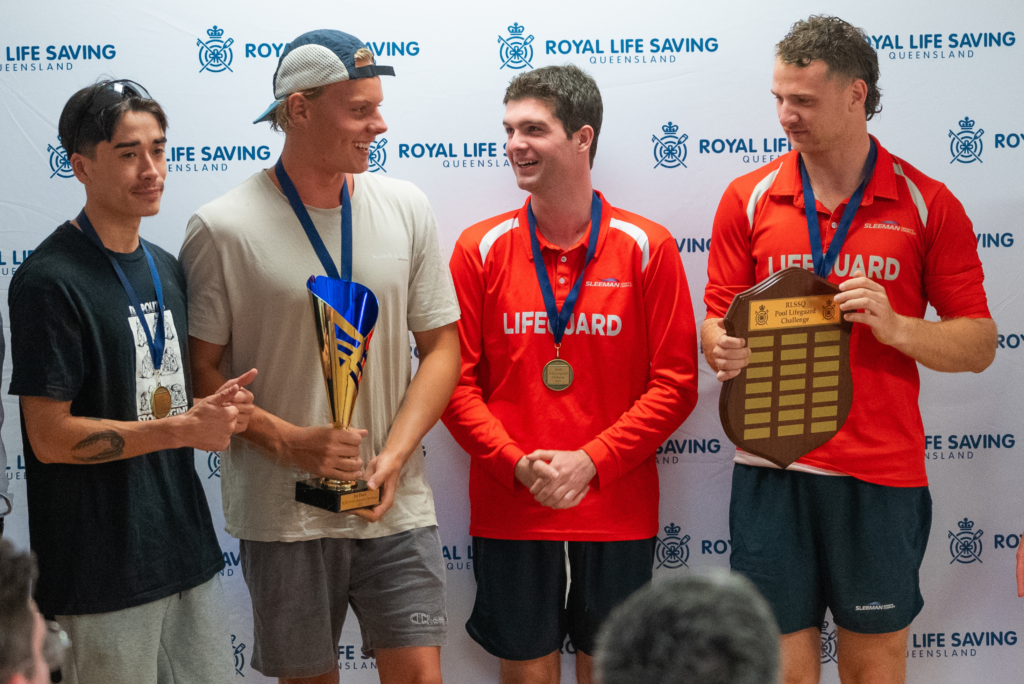
The success of these events was result of the dedicated participation and support from everyone involved. The enthusiasm and positive outcomes from these events reinforce our collective mission to advance safety practices and knowledge-sharing in water-related activities.
As we celebrate these achievements, we eagerly anticipate more opportunites ahead, including workshops and challenges, to further reinforce our commitment to aquatic safety.
Top three results:
– First Place: Sleeman Team 1
– Second Place: Gold Coast
– Third Place: Sleeman Team 2
– Most Valuable Competitor: Matt Barnes (Gold Coast)
Royal Life Saving Society Queensland acknowledges the support of Sleeman Sports Complex for providing the event venue and support staff; Royal Life Saving Society – Australia for providing support staff and competitor equipment kits; and staff from Royal Life Saving Society Queensland who assisted with event officiating and adjudication.
Royal Life Saving Society Queensland would also like to acknowledge the following individuals who made the event happen:
- RJ Houston
- Marty Moran
- Brooke Cherfils
- RLSSQ Staff
- The staff at Anna Meares Velodrome and Brisbane Aquatic Centre at Sleeman Sports Complex
- And of course, all the competitors
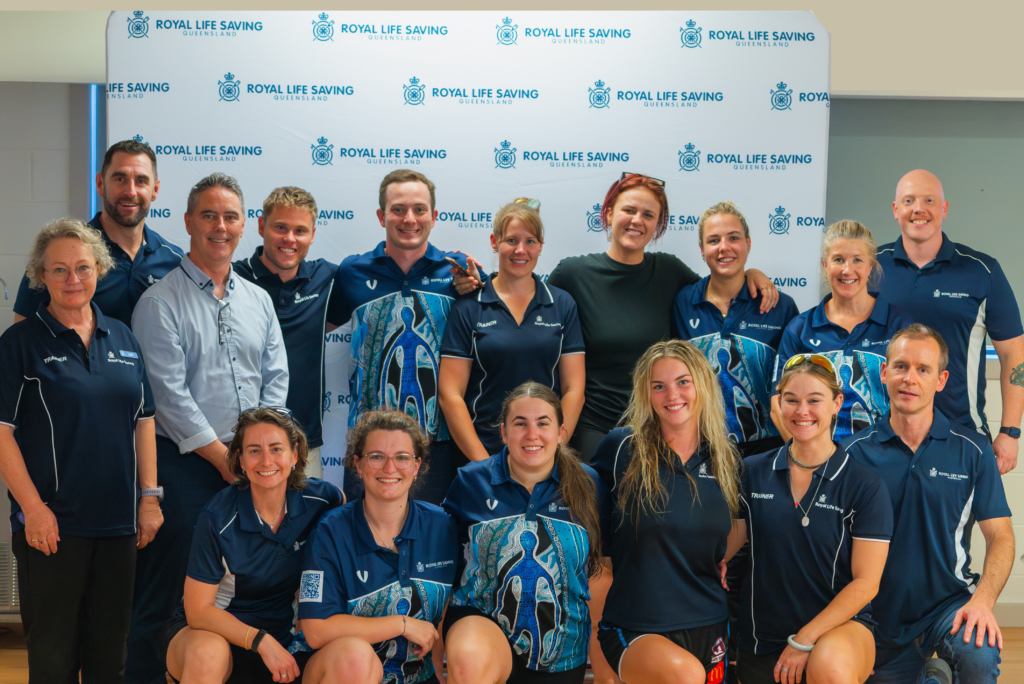
The Queensland Pool Lifeguard Challenge will return in 2024.
Stay tuned for more upcoming events!



